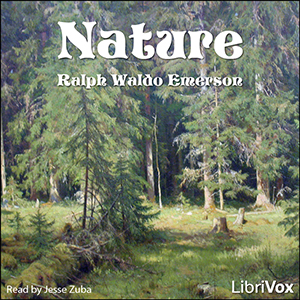Nature (version 2)
First published anonymously in 1836, Nature marks the beginning both of Emerson’s literary career and the Transcendentalist movement. Asking why his generation “should not also enjoy an original relation to the universe,” Emerson argues that “Man is a god in ruins” who might yet be redeemed by the renewal of harmony with nature. Encompassing themes that would preoccupy him for years to come, including the repressive force of social routine, the divinity of nature, and the creative potential of the individual, Nature reflected recent developments in European philosophy and literature even as it pushed American artists to break new ground. The book’s initial reception was mixed, but it influenced members of Emerson’s circle, including such luminaries as Henry David Thoreau and Margaret Fuller, and it would go on to inspire the work of writers ranging from Walt Whitman and Friedrich Nietzsche to Robert Frost and Ralph Ellison. - Summary by Jesse Zuba
Genre(s): Essays
Language: English
| Section | Chapter | Reader | Time |
|---|---|---|---|
| Play 00 | Introduction | Jesse Zuba |
00:04:31 |
| Play 01 | Chapter I - Nature | Jesse Zuba |
00:06:46 |
| Play 02 | Chapter II - Commodity | Jesse Zuba |
00:03:51 |
| Play 03 | Chapter III - Beauty | Jesse Zuba |
00:14:25 |
| Play 04 | Chapter IV - Language | Jesse Zuba |
00:16:24 |
| Play 05 | Chapter V - Discipline | Jesse Zuba |
00:17:02 |
| Play 06 | Chapter VI - Idealism | Jesse Zuba |
00:20:24 |
| Play 07 | Chapter VII - Spirit | Jesse Zuba |
00:07:22 |
| Play 08 | Chapter VIII - Prospects | Jesse Zuba |
00:17:14 |
